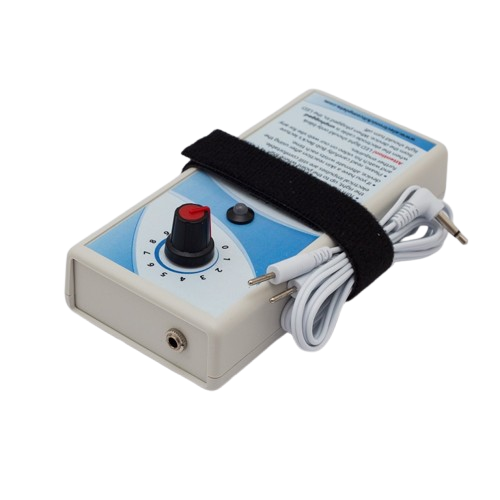Understanding L-Tyrosine: The Motivation Molecule
L-Tyrosine is an amino acid that the body either gets through protein-rich foods or produces from another amino acid called phenylalanine. It’s considered “non-essential,” not because it’s unimportant, but because the body can usually make it on its own. However, under periods of stress, exhaustion, or poor diet, its natural levels might not be quite enough to meet the brain’s demands.
This amino acid plays a starring role behind the scenes in producing key neurotransmitters—those brain chemicals responsible for focus, energy, mood, and motivation. Dopamine, norepinephrine, and epinephrine all have L-Tyrosine as their biochemical starting point. Without enough of it, the brain may have a harder time maintaining sharp attention or emotional balance during mentally demanding tasks.
What L-Tyrosine Deficiency Might Look Like
Although there’s no standard test that flashes a warning light when L-Tyrosine is running low, certain patterns can hint at its shortage. People may notice:
- Low motivation even when they’ve rested or slept enough
- Difficulty concentrating, especially in fast-paced or high-pressure situations
- Fatigue that feels more mental than physical
- Increased sensitivity to stress or a shorter emotional fuse
- Reduced enthusiasm for things that usually spark interest
Since L-Tyrosine is involved in the creation of stress-related hormones, some researchers have explored how it behaves during sleep deprivation or prolonged cognitive tasks. In those cases, the brain might simply run through its stockpile faster than usual. Whether through diet or supplementation, some individuals try to support their mental clarity by making sure this amino acid is in regular supply.
A Fun Fact: L-Tyrosine and ADHD Brains
Here’s a fascinating tidbit: the brain chemistry involved in attention regulation relies heavily on dopamine—and L-Tyrosine is a building block for dopamine. This has led to growing curiosity around the connection between L-Tyrosine levels and attention-related traits. In communities where ADHD is a common discussion topic, L-Tyrosine sometimes comes up as a natural nutrient of interest. People with ADHD may find the idea of a “focus fuel” intriguing, especially if they’re curious about how nutrition connects to cognitive performance.
Of course, brain function is complex, and attention is shaped by many factors beyond one nutrient. Still, the link between amino acids and neurotransmitters gives a window into how chemistry and behavior can sometimes dance together.
Where L-Tyrosine Comes From
While there isn’t an officially established Daily Value (DV) for L-Tyrosine alone, the general guideline used is based on recommended amino acid intake, which suggests about 25 mg of tyrosine per kilogram of body weight per day. That’s about 1,750 mg per day for a 70 kg (154 lb) adult. The %DVs below are estimated based on this.
Getting enough L-Tyrosine through food is usually manageable for most people. It’s found in a variety of sources, including:
Parmesan cheese (1 oz / 28g) – ~540 mg → ~31% DV
Roasted soybeans (½ cup) – ~675 mg → ~39% DV
Chicken breast (3 oz / 85g) – ~1,100 mg → ~63% DV
Pumpkin seeds (1 oz / 28g) – ~420 mg → ~24% DV
Almonds (1 oz / 28g) – ~300 mg → ~17% DV
Eggs (1 large) – ~250 mg → ~14% DV
Banana (1 medium) – ~40 mg → ~2% DV
The body uses what it needs, and if all systems are functioning well, it converts it efficiently into those chemical messengers the brain needs to think, feel, and act.
In Summary
L-Tyrosine might not be the most famous nutrient, but behind the curtain, it’s helping script some of the brain’s most important scenes. From concentration and mental energy to emotional resilience, its influence is subtle yet significant. While it isn’t a quick fix or a magic bullet, keeping an eye on nutrient balance—including amino acids like L-Tyrosine—can be one more piece of the puzzle for those trying to optimize how they feel and function.
This material reflects personal research conducted in my spare time and is intended for informational purposes only. It does not constitute medical advice. Always consult a qualified healthcare provider.
